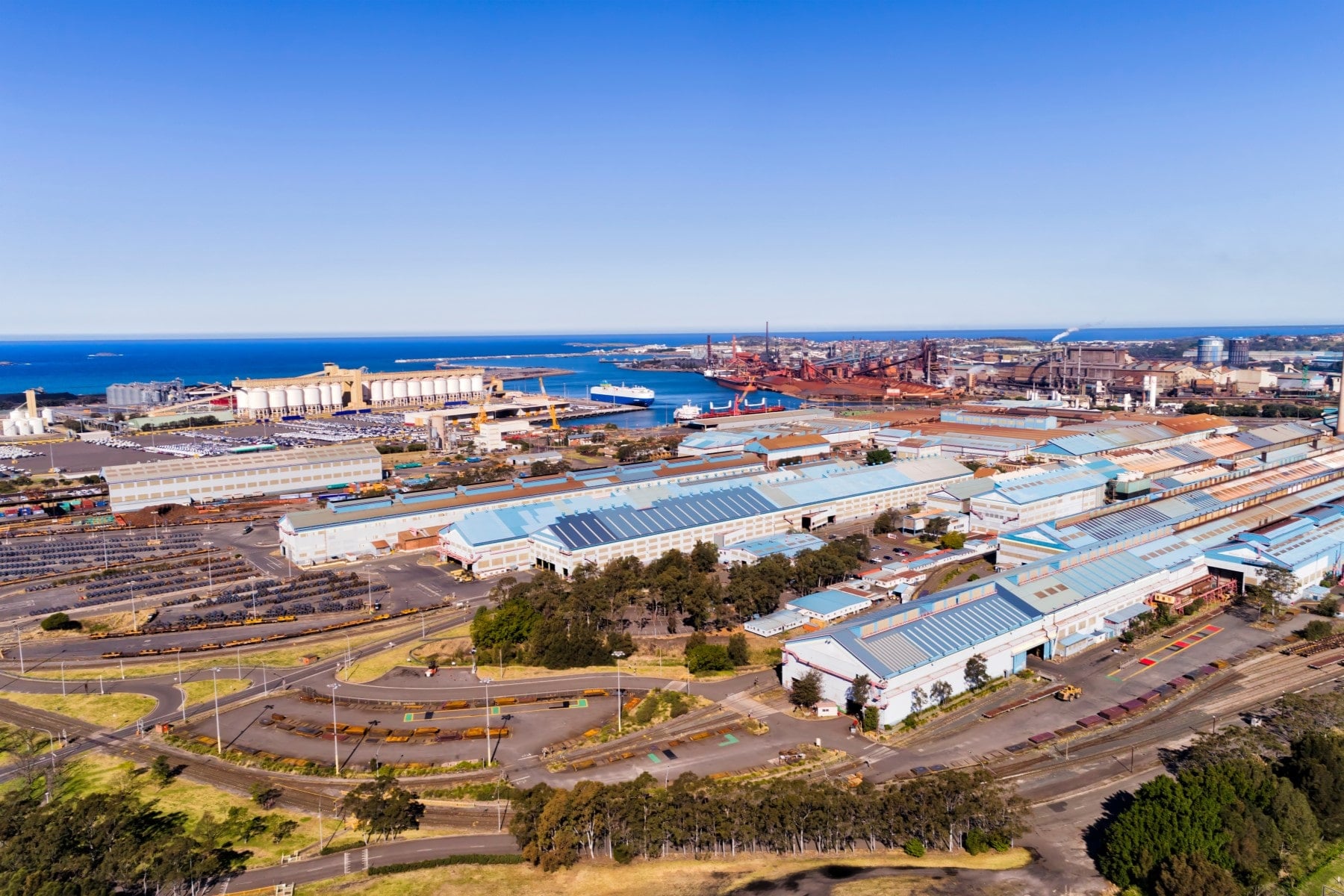Featured Image: Port Kembla Harbour on the NSW South Coast. Taras Vyshnya on Shutterstock
Australians across the country know the pivotal role nurses played in the rollout of the COVID-19 vaccination. Millions of Australians rolled up their sleeves to receive their vaccination from a nurse immuniser, who provided the consultation, vaccination and follow-up.
Nurse immunisers work in a fast-paced, challenging but incredibly rewarding environment. Managing the rollout of an urgent vaccine to so many people required navigating rural, regional and remote areas. Immunisations were delivered everywhere, from the middle of Australia to Australians living offshore or on ships, and all the way to our Australian bases in Antarctica.
To showcase the role of a nurse immuniser and their critical role in the distribution of the vaccine, we spoke to Natasa Veselinovic, an expert in immunisation who was pivotal to the COVID-19 vaccination rollout in the Illawarra Shoalhaven Local Health District (ISLHD).
Natasa’s seafarer’s story
The COVID-19 vaccination rollout was the largest and fastest vaccination campaign in Australia’s history. One of the most important, yet challenging, aspects of the campaign was the provision of s to vulnerable and harder-to-reach members of the community.
As part of a combined initiative between NSW Ports and NSW Health, the Illawarra Shoalhaven Local Health District (ISLHD) Seafarers Vaccination Program delivered more than 1,370 vaccines to crew on ships in Port Kembla Harbour from September 2021 through to the end of December 2022.
There are more than 1.6 million seafarers that work on merchant ships worldwide, and this program assisted in protecting their health and safeguarding our supply chains – ensuring that essential goods and services could continue to be delivered.
During the COVID-19 pandemic there were often health protocols in place that restricted crew changes and onshore access for seafarers, which could mean that crews and seafarers were at sea and onboard for extended periods, often over 12 months at a time. These restrictions meant that seafarers were also unable to access COVID-19 vaccinations.
With the assistance of the local Port Kembla Mission to Seafarers, the ISLHD Seafarers Vaccination Program delivered vaccinations to crews at the dock while the ship was berthed, without delaying the operations of the port.
A flexible approach was required using teams of highly experienced and skilled immunisation nurses, who were able to work in such an unfamiliar environment and under unique conditions. The dockside operation presented several difficult conditions, including extreme weather ranging from strong winds, rain and drizzle to hot days with high temperatures.
The professionalism and expertise of the mobile nurse immunisers built trust with the crews and enabled any concerns around vaccine hesitancy to be addressed in a safe space. Feedback from the crews involved in the program was extremely positive and they were appreciative of the opportunity to safely receive the COVID-19 vaccine.
Vaccination has both direct and indirect benefits for individuals, the wider community and society. Vaccinations can have a substantial impact on reducing COVID-19 hospitalisations, outbreaks, severe illness, and complications and I am proud to be working in administering the tools to support Australians to be healthy.
ACN Immunisation Hub
You can learn more about Natasa and the role nurse immunisers can play and develop your skills through the Australian College of Nursing (ACN) Immunisation Hub.





